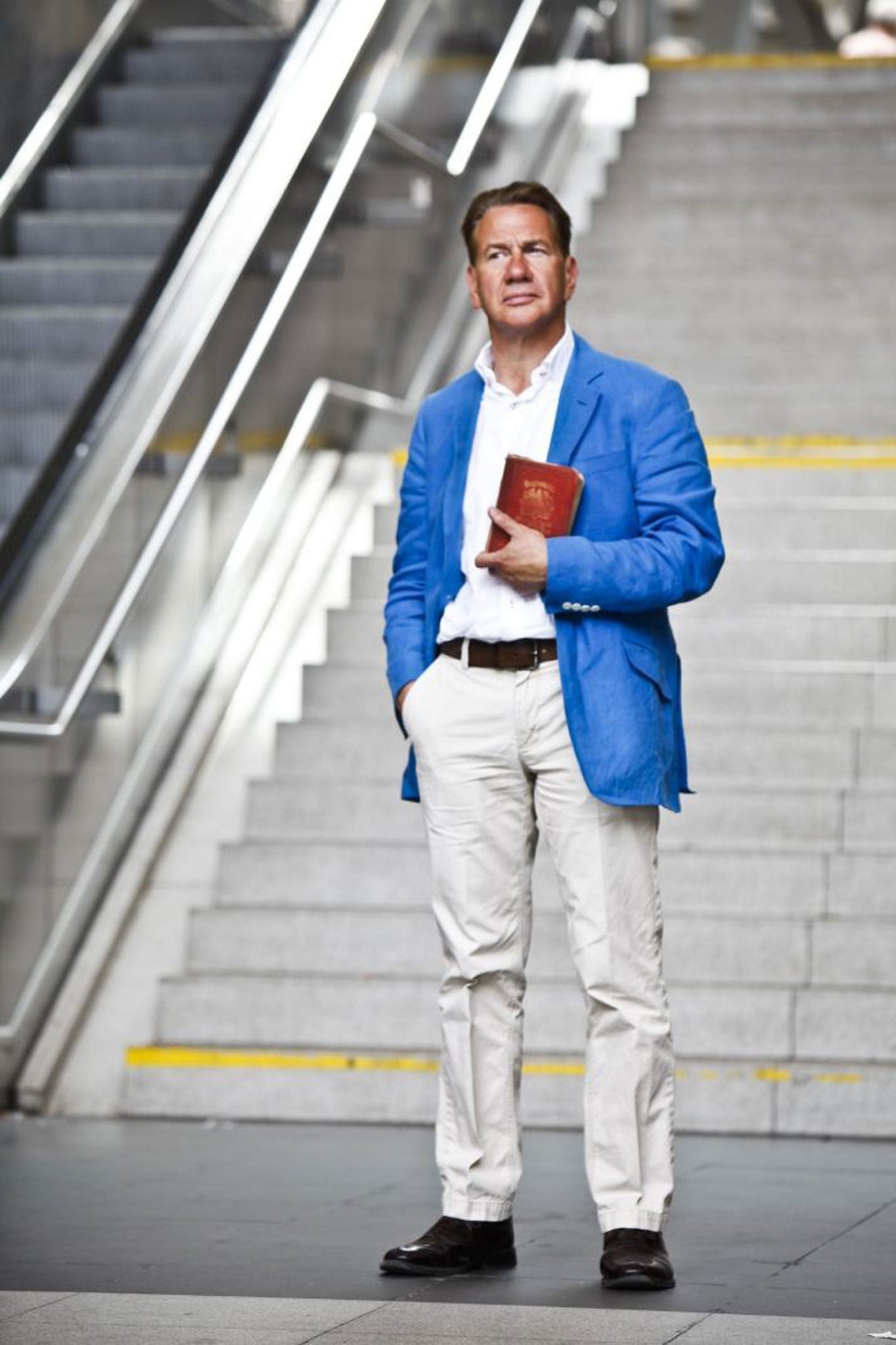Great Continental Railway Journeys, TV review: Michael Portillo goes for an immersive - occasionally farcical - experience

Your support helps us to tell the story
From reproductive rights to climate change to Big Tech, The Independent is on the ground when the story is developing. Whether it's investigating the financials of Elon Musk's pro-Trump PAC or producing our latest documentary, 'The A Word', which shines a light on the American women fighting for reproductive rights, we know how important it is to parse out the facts from the messaging.
At such a critical moment in US history, we need reporters on the ground. Your donation allows us to keep sending journalists to speak to both sides of the story.
The Independent is trusted by Americans across the entire political spectrum. And unlike many other quality news outlets, we choose not to lock Americans out of our reporting and analysis with paywalls. We believe quality journalism should be available to everyone, paid for by those who can afford it.
Your support makes all the difference.Michael Portillo was back last night with another series of Great Continental Railway Journeys (BBC2), following George Bradshaw's 1913 guide as he travels across Russia.
This instalment saw the former MP visiting the early-20th-century tourist hot spots: Tula (Tolstoy's birthplace), Moscow and St Petersburg.
Part modern-day travelogue, part history documentary, part theatrical performance, those familiar with the format will know it makes for an absorbing package.
Portillo goes for an immersive – occasionally farcical – experience. We saw him bee-keeping; cooking dumplings on board; being pummelled with birch sticks in a bath house; making a cameo in a folk dance; and lots of speaking ropey Russian.
Alongside the silliness, he speaks to historians, seemingly learning with them. "Fantastic!" he exclaimed wide-eyed on seeing Tolstoy's writing desk. "It's so exciting," he cried, walking through a tourist-filled Kremlin, transformed from the Cold War days of his youth.
By the end of the hour, he neatly got to the 1917 Revolution and execution of the Imperial family at Yekaterinburg, keeping the railway's role at the centre. Whether he's really learning or not, Portillo's journey and Russian education felt authentic. "I've had fun," he said. As we did, too.
Join our commenting forum
Join thought-provoking conversations, follow other Independent readers and see their replies
Comments